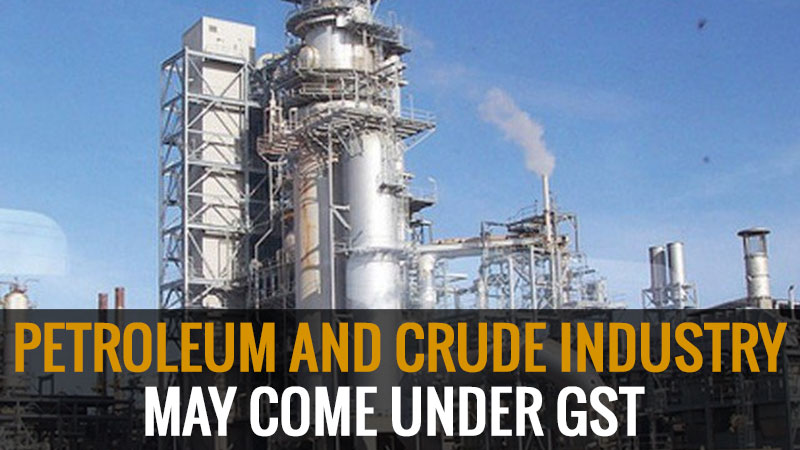
The GST regime is likely to witness the entry of the petroleum products, including crude. The step has been taken to put down the inflation pressure under control after a deep thought over the said consequences.
There will be around 2-3% of GST application over the industry to remove the exaggeration and making the credit flow smooth. In the taxation, states will continue to apply their individual sales tax.
As a matter of fact, earlier the state government were opposing the GST application over the petrol division for an unknown reason but now looking the taxation in a different window makes it more acceptable as it will pull down the total tax rate significantly, making the industry eligible for credits.
Bipin Sapra, partner, EY said that “If the petroleum products are taxed at a GST rate which is equivalent to the input GST cost, the cascading of taxes would be mitigated and the final price of the products may reduce,”
Read Also: GST Impact on Agriculture Sector in India
Whereas, the proposed GST rate is 18% as Chief Economic Adviser Arvind Subramanian-led GST council has shown. Bipin sapra has also directed towards various avenues where this GST will try to lower down the cost of services in its own words, “this will allow some credits to the sectors such as power, airlines, transport of goods and passengers, which will help in reducing the cost of these services.”
The reports said that “Bringing electricity and petroleum within the scope of the GST could make Indian manufacturing more competitive.”








